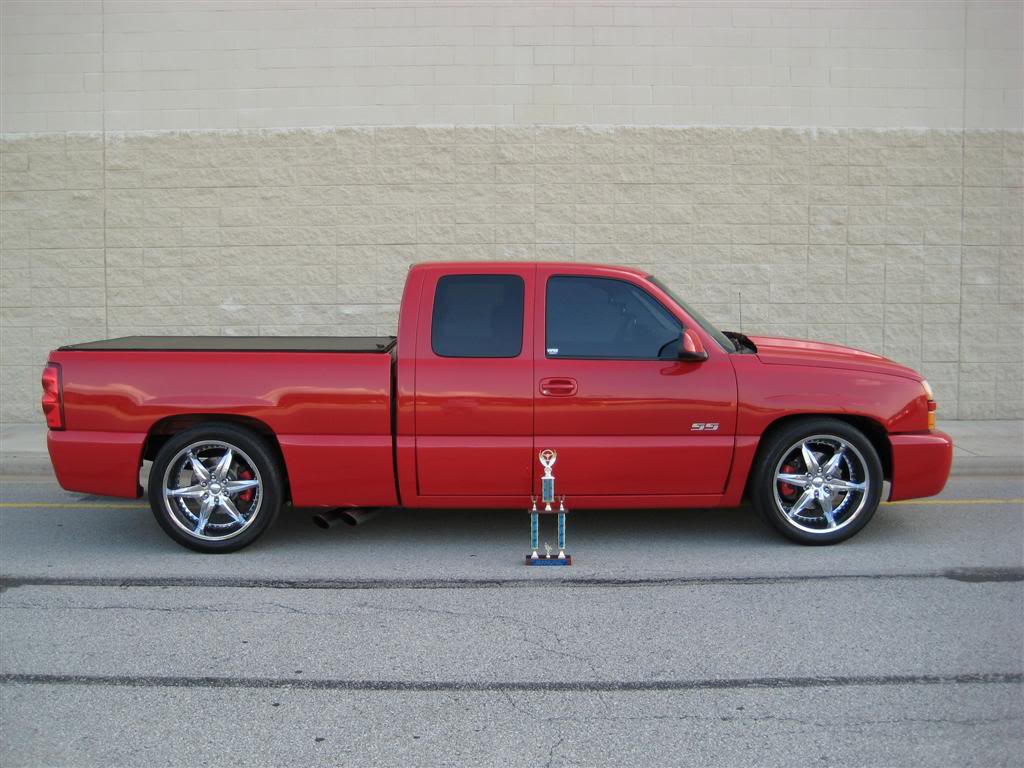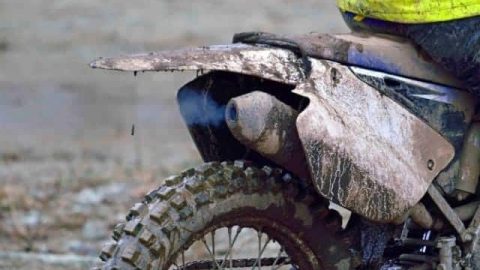When you are driving a classic car like the Pontiac Tripower, you expect a smooth and comfortable ride. However, when the vehicle backfires while decelerating, it can be an indication of a serious problem. In this article, we will explore what causes the Pontiac Tripower to backfire when decelerating and how to prevent this issue from occurring. We will look at the potential culprits of the backfiring, such as a clogged fuel system, a faulty spark plug, or a misadjusted carburetor. We will also discuss the best ways to diagnose and repair the problem. Ultimately, understanding the causes and remedies of the backfiring will be key to maintaining a safe and enjoyable ride.
What Causes Backfire When Decelerating?

What causes a diesel engine to backfire during acceleration? When unburned fuel in the exhaust pipe ignites or combusts, the engine may decelerate, resulting in an afterburn or backfire. If you move your foot away from the gas pedal, your foot will sound an audible bang or pop.
Troubleshooting Decel Popping: Fixing Backfire When Slowing Down
It’s not uncommon for car owners to have backfire when decelerating due to a variety of issues. A detonation of unburned fuel in the exhaust pipe results in a surge of air entering the pipe, which is caused by an increase in exhaust temperature and an increase in flow rate through the exhaust. When the engine slows down, it can be due to a number of factors, including the poor air flow, misfired spark plugs, and bad timing. Decel popping can be prevented by turning off the engine while deceleration is occurring or by continuing to run to burn off fuel while deceleration is occurring. Downshifts can also be caused by faulty fuel system components, such as a lack of proper rev matching due to too much fuel being released into the system at that rpm. To avoid this, it is critical to check the air to fuel ratio, the spark plug status, and the engine timing.
Why Does My Truck Backfire When Slowing Down?

Backfiring when slowing down is a common problem that occurs in trucks and other vehicles. There are several potential causes for this, such as air-fuel imbalance, a faulty exhaust system, or a defective ignition system. When the air-fuel mixture is not balanced correctly, the engine can misfire or backfire. A faulty exhaust system or a defective ignition system can lead to backfiring when slowing down due to incomplete combustion of the fuel. Backfiring when slowing down can also be caused by worn spark plugs, clogged air filters, or a dirty fuel injector. To get to the bottom of the issue, it is important to take your truck to a qualified mechanic who can diagnose and fix the issue.
Why Regular Maintenance Is Key To Avoiding Backfiring Trucks
When a truck backfires while slowing down, it is usually due to a high fuel to air ratio, which is caused by the engine receiving too much fuel than it requires. As a result of this process, fuel is left in the exhaust and cylinders, and this explosively burns and produces a loud popping sound. Too much fuel can also result in an overheated combustion chamber, as well as power loss as a result of too little spark. Furthermore, a problem with the fuel system, such as a faulty filter, pump, or injector, can cause the vehicle to stall or backfire. The engine should be inspected and serviced on a regular basis to keep these components in good working order.
What Is The Most Common Cause Of A Rapid Backfiring?

It is impossible to predict which factors will cause a backfire in your vehicle, but the most common are a low air to fuel ratio, a faulty spark plug, or simply bad timing.
Solving The Mystery Of Backfiring
When a vehicle is speeding, a sudden and unexpected sound is produced, which is most commonly heard in the back seat. Backfiring is commonly caused by an excessive fuel to air ratio, which means that too much gasoline enters the combustion chamber. A faulty ignition, a clogged spark plug, or a foul coil or plug wire could all be to blame. When the exhaust system is full of excess fuel, a loud “bang” is produced. There is also the possibility of backfire when the ignition timing is delayed, allowing the fuel to combust outside of the designated burn zone in the engine’s cylinders. Damage to the valves or a fuel/air mixture that is out of balance can also lead to high RPM backfiring. When you have a certified mechanic inspect the vehicle, he or she can determine what caused the problem and ensure the vehicle runs smoothly.